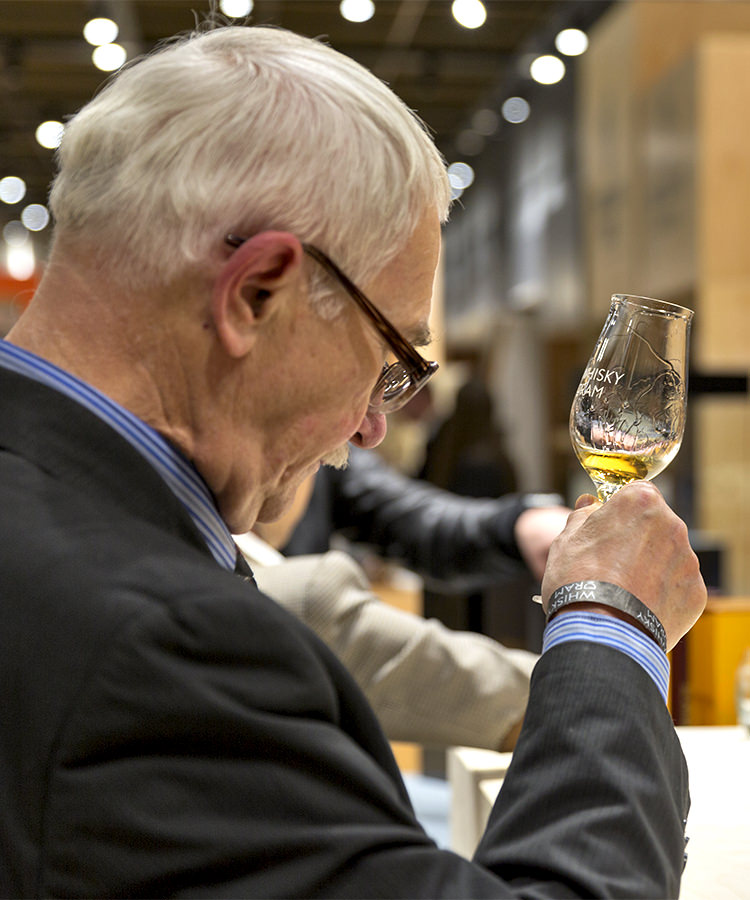Ever since Rudy Kurniawan was convicted of fraud for selling counterfeit wine, collectors have been more careful when buying rare and expensive wines. Counterfeiting also extends to rare whiskey, and that was the case for Zhang Wei. The wealthy Chinese national paid $10,050 for a single dram of what he thought was 1878 Macallan single malt Scotch at the Devil’s Place bar in the Waldhaus Am See Hotel in Switzerland. However, many Scotch experts became skeptical of the validity of the Scotch after doing a little digging, according to the BBC.
After suspicions arose surrounding the label and the cork, The Waldhaus Am See Hotel, where Wei purchased the dram, sent a sample of the 1878 Macallan to Rare Whisky 101, a whiskey brokerage and valuation firm based in Dunfermline, Scotland. The BBC reports that the sample was then sent to researchers at the University of Oxford for carbon dating tests. The results indicated there was a 95 percent probability that the Scotch had been produced between 1970 and 1972. Subsequent tests at Tatlock and Thomson revealed that the sample was most likely a blend of 60 percent malt and 40 percent grain, making the Scotch a blend rather than a single malt. Rare Whisky 101 finally concluded that the Scotch was a fake, and wasn’t a collectible item.
The manager of the hotel, Sandro Bernasconi, traveled all the way to Beijing to reimburse Wei. According to the BBC, Wei was surprisingly not infuriated, and thanked Bernasconi for doing the right thing. Fraud has become a big problem in the world of rare wine and spirits. Collectors need to be aware that there are people out there that will try to take advantage of them. Wine fraudster Kurniawan was sentenced to 10 years in prison, hopefully sending a message to other potential con artists.
